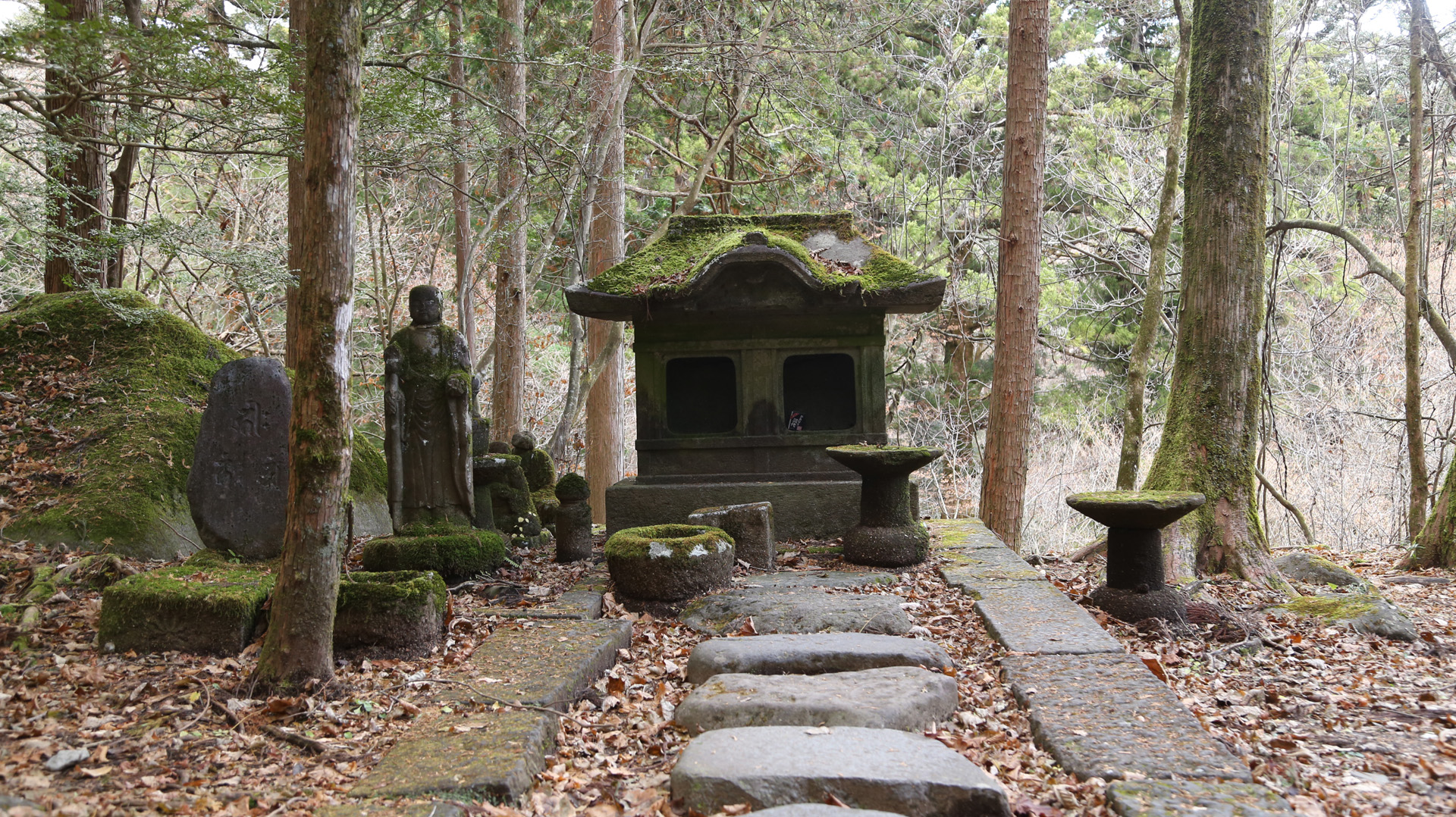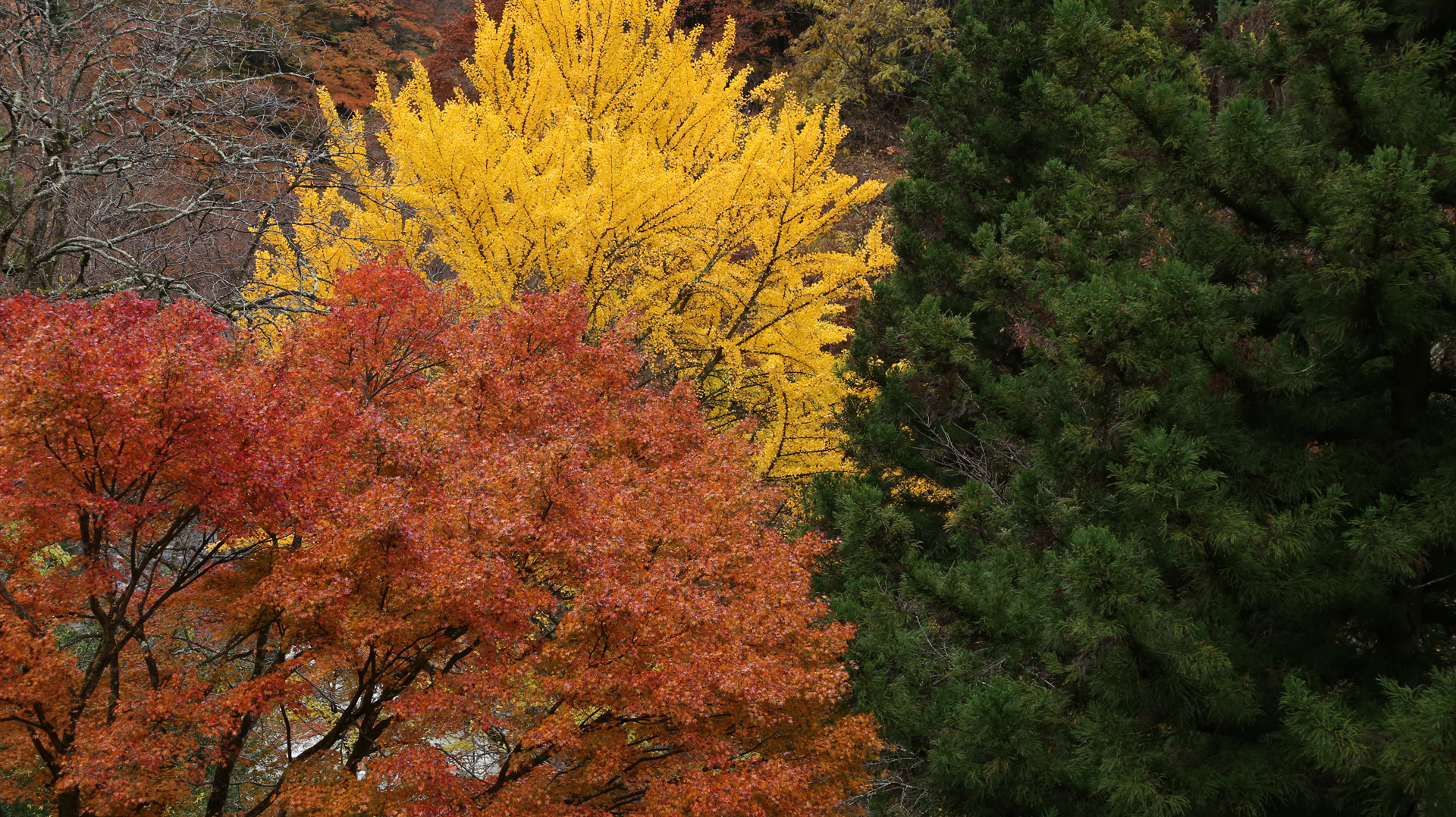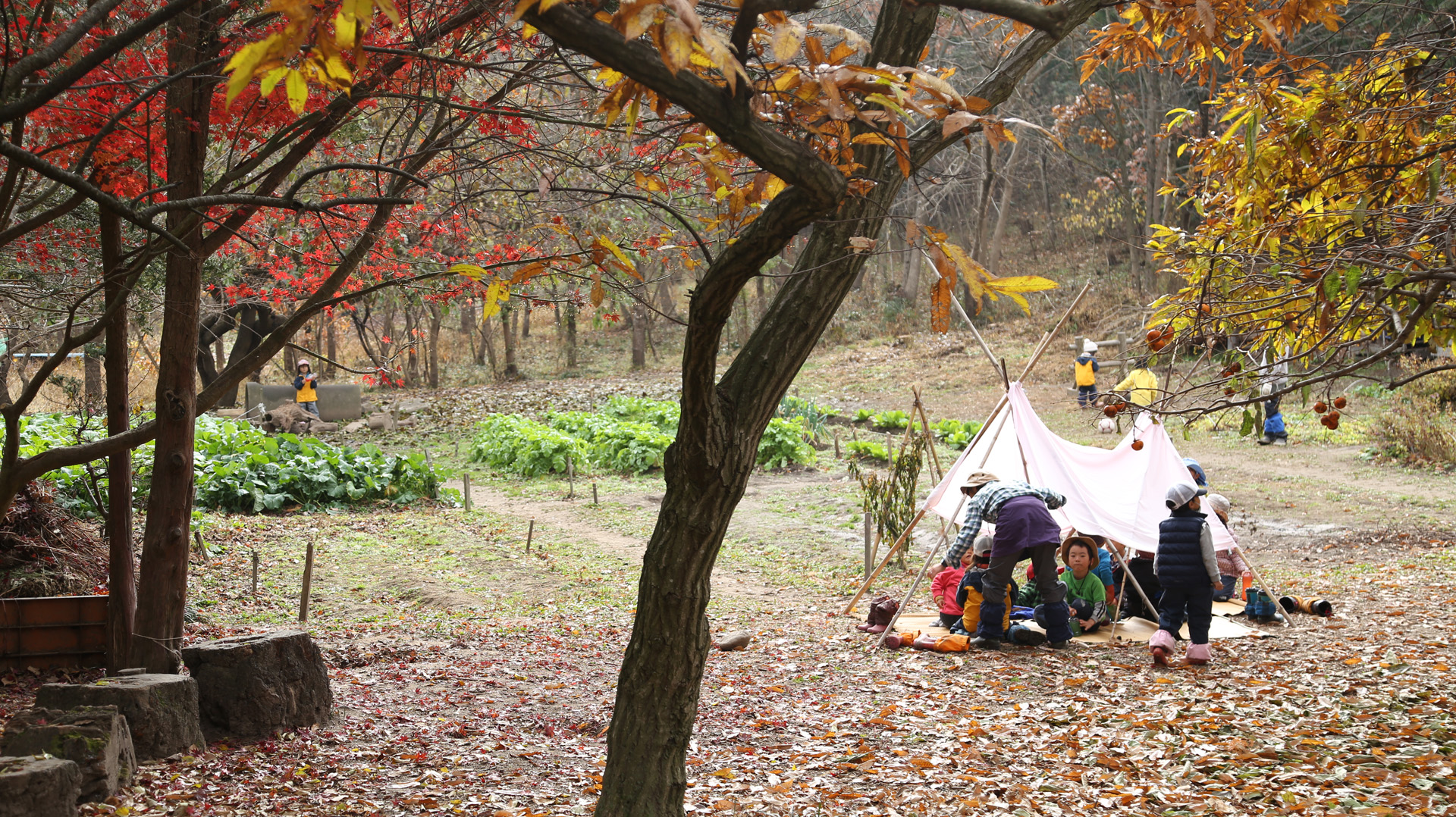Losing Yourself. Finding Yourself.
First published in Sanctuary Cub,
Vol. 43
No. 7,
July 2023
By Nitin Das
An Oasis for the Mind
In the heart of Japan’s capital Tokyo, amidst the towering skyscrapers and bustling streets, lies a hidden oasis of tranquility known as Meiji Shrine. Surrounded by a dense forest, this sacred Shinto shrine invites visitors to immerse themselves in nature’s embrace. As I strolled along the moss-covered pathways, the vibrant hues of autumn leaves rustled beneath my feet, setting the tone for the quest I was on.
While technology has improved living conditions for us, it can deeply impact our physical, mental and emotional health. Overexposure to screens could lead to difficulty in handling social situations, impair problem-solving skills,
reduce attention span, and affect sleep quality. Besides, the climate crisis has got the entire world worried, children included, and is accompanied by scary global events such as the pandemic, wars, a flood of bad news, and the accompanying worry about what we can do about all this!

A meditative shrine on one of the many healing forest trails of Japan. Photo: Nitin Das.
Born of Nature
As a filmmaker, I was on a journey to explore the beautiful Japanese practice of Shinrin-yoku, or forest bathing, as a solution to improve our mental and physical health. Forest bathing means immersing yourself in nature, in a mindful way so that all your senses are engaged. It is a way of deep relaxation that is not only easy but also highly enjoyable.
As humans, we have evolved in nature. It’s what makes us feel complete. Nature provides an easy and effective way for recharging our mind, renewing our body, and rediscovering ourselves.
When children spend time playing in nature, they gain more than just fun and adventure. Being in nature can help reduce the risk of obesity and diabetes. It can reduce symptoms of attention deficit disorder and help imaginations soar. Kids who play outdoors tend to be more creative and work well with others, improving collaborative skills. Exploring nature sharpens their senses, making them more aware and observant.
Studies have shown that we need just 20 minutes a day amidst nature to positively manage our mental health. If daily visits are not possible, one can also spend two hours in nature once a week.

Vibrant hues of autumn leaves. Photo: Nitin Das.
Shinrin-yoku
To fully immerse myself in the practice of Shinrin-yoku, I ventured to the enchanting forests of Okutama, a hidden gem just a short distance from Tokyo. Walking along the autumn-coloured trails, I felt an immediate sense of peace and connectedness with the ancient trees that stood tall around me. I slowed down, taking in the earthy scent of fallen leaves and the gentle melody of a babbling brook nearby.
The simple principles of Shinrin-yoku tell us to go slow, to think less, and to feel more. Just as we nourish our body with food, we can develop our mind through the play of our senses because the things we sense affect what we think, feel, and learn. With the help of nature outside, we get a chance to understand our own inner nature.
See the box for some fun activities that I collected from my trip in Japan. Try them out to see how they boost your attention span, observation, imagination, and emotional intelligence!
PLAY OF SENSES
~ Sound: Listen and count the many different sounds, even the stillness that holds all the sounds.
~ Sight: Trace the outline of a tree from its base to minute details. Don’t let yourmind wander.
~ Smell: Breathe and soak in the scents of the forest. Pick up interesting objects and smell them to create a memory.
~ Touch: Sit on a rock with your feet on the ground. Hold a piece of the forest – a pebble/leaf/grass blade and close your eyes. Pay attention to the touch. Connect with the forest, the Earth.
~ Taste: Eat a fruit slowly. Imagine the sunlight that feeds the plant becomes the fruit that becomes a part of you. Observe how everything is connected.
Reflecting on the Journey
Since returning from Japan, I have led many mindful nature walks in different cities across India. The biggest transformation that I have seen in young and old participants is that nature not only uplifts their mood and energy, but also improves their relationships with self as well as with others.
The growing popularity of forest bathing in Japan has taught me a valuable lesson: money and progress alone cannot bring true health and happiness. To find balance and harmony, we must focus on our inner selves and take mindful actions. It all starts with our mind, as the state of our thoughts shapes the way we live our lives.

People enjoying Shinrin-yoku. Photo: Nitin Das.
Nitin Das is the founder of Healingforest.org, a leading resource on Forest Bathing and outdoor mindful activities. He is also a filmmaker and an Asia Society Fellow, a selective group of young leaders.




